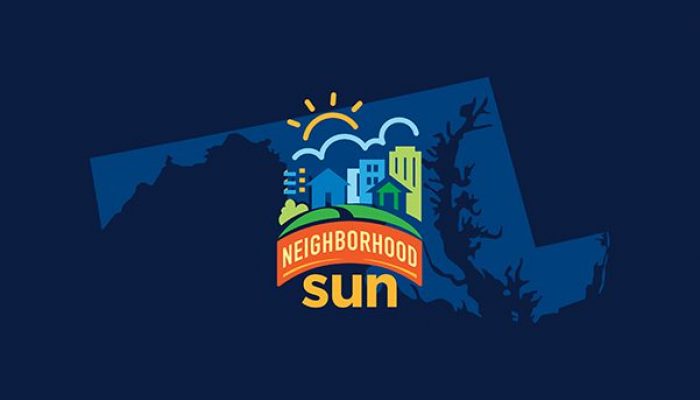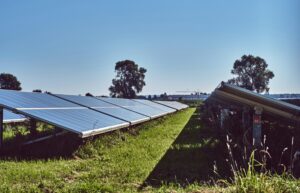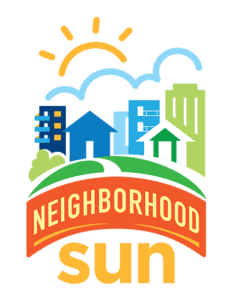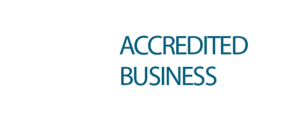Aida Camacho-Welch
Secretary of the Board
Board of Public Utilities
Post Office Box 350
Trenton, New Jersey 08625-0350
June 4, 2020
Dear Ms. Camacho-Welch:
The State of New Jersey enacted the Clean Energy Act on May 23, 2018, establishing a Community Solar Energy Pilot Program. In its July 10, 2019 Order regarding the Program, the Board of Public Utilities noted “The BPU is particularly interested in ensuring that low-and moderate-income (“LMI”) customers are able to access community solar..”
We applaud the efforts the Board has taken to incentive solar developers to serve LMI customers. However, we are writing to express our serious concern that the current verification system in place for determining LMI eligibility is going to make it extremely difficult, if not practically impossible to subscribe LMI residents to community solar projects. We feel the lessons learned in other states, particularly Maryland, can help guide New Jersey to a more streamlined income verification process, which will result in more LMI residents getting solar shares.
NJAC 14:8-9.8 (d) spells out the rules for the Program, including income verification for LMI customers.
The current process for verifying income eligibility for low-income residents is proof of participation in one or more of the following: LIHEAP, Universal Service Fund, Comfort Partners, and/or Lifeline Utility Assistance Program; or ii. A copy of the first and second page of the subscriber’s three previous years’ Federal income tax returns. The second page must be signed if self-prepared. The returns shall be submitted directly to the subscriber organization, along with a sworn statement that the information contained within the tax returns is true and accurate. Tax returns are to be treated as confidential under all applicable Federal and State laws. For subscribers that are not required to file, a non-filing verification letter from the IRS would need to be provided.
Moderate-income residents only have one way of verifying their income – they have to a copy of the first and second page of the subscriber’s three previous years’ Federal income tax returns. The second page must be signed if self-prepared. The returns shall be submitted directly to the subscriber organization, along with a sworn statement that the information contained within the tax returns is true and accurate. Tax returns are to be treated as confidential under all applicable Federal and State laws. For subscribers that are not required to file, a non-filing verification letter from the IRS would need to be provided.
Obtaining sensitive income documents to verify a prospective customer’s income is at best difficult and in some cases impossible. Moreover, requiring sensitive income documents like tax returns is intrusive and does not set up a respectful process, given that LMI subscribers may not receive an incremental benefit from the program. In other words, while certain Subscriber Organizations (SOs) may provide a greater benefit to LMI subscribers than non-LMI subscribers, there is no requirement that LMI participants be guaranteed any additional benefit through their subscription.
Additionally, while low income customers are, by definition, eligible for a federal, state, or local assistance programs, not all customers who are eligible for assistance actually receive or participate in such programs, so verification in this manner is similarly difficult for low-income customers and is irrelevant for a potential subscriber who is moderate-income.
When the BPU adopted the rules governing the Community Solar Energy Pilot Program on January 17, 2019, the BPU wrote in response to comments about the income verification question:
RESPONSE TO COMMENTS 290, 291, 292, AND 293: With respect to process for the individual qualification of subscribers as LMI subscribers described in N.J.A.C. 14:8-9.8(d)2, the BPU appreciates the comments. The BPU is satisfied that the proposed definitions are sufficient. The BPU may explore ways in which to simplify the qualification process while at the same time ensuring a reasonable standard for LMI qualification based on the data and experiences collected from the Pilot Program
Based on market experience in other states, we now urge the BPU to follow up on this and explore ways to simplify the qualification process.The principles we suggest guiding you include:
- Principle 1:Verification should be informed by consumer protection considerations (e.g., disclosure of Social Security Number and federal tax documents is Sensitive Personal Identifying Information, and risk of data security breaches and/or exploitation of vulnerable consumers by bad or fraudulent actors).
- Principle 2: Verification burden on consumer should be commensurate with benefits (i.e., LMI consumer has little incentive to adhere to intrusive income verification for subscriber savings that are small relative to other state programs that require income verification. Community solar subscription provides savings to a household measured in tens of dollars, not comparable to food assistance programs, or large capital investments under home weatherization programs, etc. that commensurately require higher burdens for income qualification). Non-LMI participants are not subject to onerous eligibility requirements, despite receiving the same value net-metering credits that LMI participants receive.
- Principle 3: Verification methods should seek reasonable accuracy in matching defined LMI thresholds (i.e., “don’t let the perfect be the enemy of the good,”).
Our Recommendations for BPU Approved LMI Verification Options
- Self-Attestation Plus Census Tracts– Utilize the U.S. Census Bureau’s American Community Survey (“ACS”) income data for the state’s Census Tracts, which can be analyzed to establish that individuals within certain census tracts have a higher probability of being low or moderate-income households. Self-Attestation would be on a BPU approved form, with the subscriber attesting that they meet the program’s income eligibility definition. Using self-attestation in conjunction with other income proxies is an approach employed in the Illinois Solar for All program, which provides numerous verification options for community solar providers, including an income attestation.
A household in a Census Tract with median income meeting the definition criteria as low or moderate income should be granted deference in verifying its eligibility with self-attestation. Specifically, we propose that self-attestation should be an allowable option ONLY when the subscriber resides within a Census Tract with higher probability of being low or moderate income. Thus, if the subscriber’s Census Tract median income meets the low income definition of 200% of the Federal Poverty Level (“FPL”), then the subscriber should be permitted to demonstrate its low income eligibility via self-attestation that the household meets the same definition, and that if the subscriber’s Census Tract median income meets the moderate income definition of 80% of state median income, then the subscriber should be permitted to demonstrate its moderate income eligibility via self-attestation that the household meets the corresponding definition.
- Single year tax return for moderate income subscribers. Maryland and other jurisdictions allow subscribers to provide just a single year tax return to qualify as eligible for the program and we believe New Jersey should follow suit. It is difficult enough to get one year’s tax return, and almost impossible to get three years.
- Additional income verification documents.We recommend allowing low or moderate-income residents to demonstrate income eligibility by showing a recent pay stub, a W2, or unemployment insurance application.
- Allow for Address-based verification.If an affordable housing property has verifiable income-restrictions, allow all residents to automatically qualify as LMI. Address-based verification eliminates the need for LMI households in income-restricted affordable housing to provide any sensitive financial information to the community solar providers, which will encourage community solar project developers to focus their outreach on income-restricted affordable housing, which often provides housing to very low-income families.
The state of Maryland began its community solar program with a similar income verification approach as the one New Jersey now utilizes. Subscriber organizations and civic groups found that the process for verifying income eligibility was too onerous and undermined the program’s goals of bringing solar energy to everyone, not just the select few. An ad-hoc group of low and moderate-income advocates worked with the Public Service Commission (PSC) to change the process, in line with what we are proposing here. The Maryland PSC adopted many of these suggestions in a February 14, 2020 order, opening up new avenues for low and moderate-income residents to subscribe to solar power.
We believe these modest changes to the program will significantly increase the chances of success in meeting the program’s goal of reaching low and moderate-income residents across New Jersey. They conform with consumer protection initiatives while providing a little more flexibility in program implementation.
Sincerely,
Pari Kasotia, Mid-Atlantic Director, Vote Solar
Gary Skulnik, CEO/Founder Neighborhood Sun
Luis Nasvytis Torres, Senior Legislative Representative, Earthjustice
Tom Gilbert, Campaign Director- Energy, Climate & Natural Resources, New Jersey Conservation Foundation
Doug O’Malley, New Jersey State Director, Environment New Jersey
Avni Pravin, Program Manager, Solstice
Amy Goldsmith, New Jersey State Director, Clean Water Action
Richard Lawton, Executive Director, New Jersey Sustainable Business Council
Ed Potosnak, Executive Director, New Jersey League of Conservation Voters
Richard T. Smith, President, NAACP New Jersey State Conference
Dan Quinlan, Health Care Without Harm
Rob Gregson, Executive Director, UU FaithAction NJ
Noah Ginsberg, Director, Here Comes Solar, Solar One
cc: Ariane Benrey, New Jersey Board of Public Utilities
Grace Strom Power, New Jersey Board of Public Utilities
Christine Sadovy, New Jersey Board of Public Utilities
Hannah Thonet, New Jersey Board of Public Utilities
